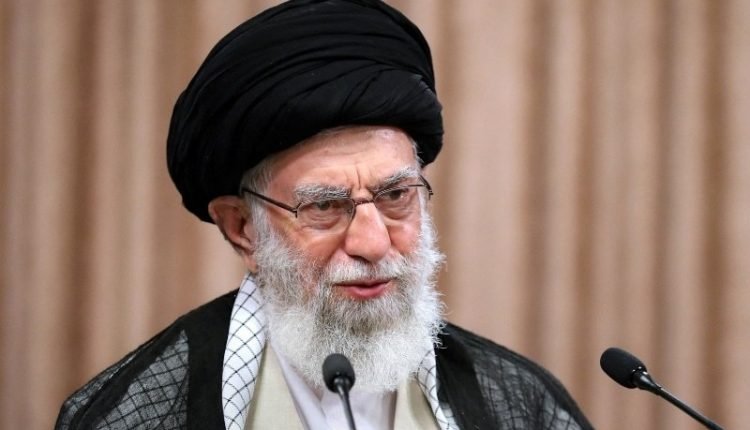Dr Naveed Akhtar
The importance of solar energy cannot be overstated, as it represents a crucial component of the transition towards sustainable and renewable energy sources. Solar energy offers numerous benefits, including its abundance, clean nature, and scalability, making it a key player in reducing carbon emissions, addressing environmental concerns, and diversifying the energy mix.
In the context of Pakistan’s energy landscape, the significance of solar energy becomes even more pronounced. Pakistan faces an ongoing energy crisis characterized by electricity shortages and a heavy reliance on costly imported fuels. Solar energy presents a viable solution to these challenges by leveraging the country’s ample sunlight resources to generate electricity efficiently and sustainably.
By harnessing solar energy, Pakistan can alleviate the burden on its traditional grid infrastructure, especially in areas with inadequate access to electricity. The decentralized nature of solar power allows for localized electricity generation, reducing transmission losses and enhancing energy accessibility in remote or underserved regions.
Pakistan’s solar potential, with high levels of insolation throughout the year, positions solar energy as a critical driver in meeting the nation’s escalating energy demand. The cost-effectiveness and scalability of solar technologies make them well-suited for rapid deployment to augment the existing energy generation capacity and reduce dependence on expensive imported fuels.
Moreover, solar energy, particularly through mechanisms like net metering, empowers consumers to actively participate in electricity production, transforming them into proactive contributors known as prosumers. This paradigm shift not only relieves pressure on conventional power sources but also empowers individuals and communities to achieve greater energy self-sufficiency and resilience in the face of energy disruptions.
Furthermore, in addition to addressing energy needs, solar energy plays a pivotal role in environmental preservation by curbing air pollution and greenhouse gas emissions associated with conventional power generation. This aligns with global efforts to combat climate change and mitigate the adverse impacts of pollution on public health and ecosystems, making us all part of a larger, crucial mission.
The integration of solar energy also holds promise for economic development, including job creation, technological innovation, and investment opportunities in the renewable energy sector. By fostering a thriving solar energy industry, Pakistan can bolster its energy security, reduce reliance on volatile fuel imports, and pave the way for sustainable and resilient energy infrastructure, offering a bright future for the nation.
In summary, the multifaceted importance of solar energy in mitigating Pakistan’s energy crisis encompasses its capacity to provide clean, reliable, and locally generated electricity, reduce carbon footprint, enhance energy accessibility, foster economic growth, and contribute to overall sustainable development.
The intricate dance between policy formulation and economic stability in Pakistan has given rise to a poignant tale of uncertainty and disillusionment for local investors and consumers. Yet, amidst this uncertainty, the resilience of these grassroots economic actors is a testament to their unwavering commitment to navigating a landscape characterized by fluctuating policies and regulatory inconsistencies.
The volatility inherent in policy shifts is exemplified by the recent trajectory of governmental directives pertaining to solar panel taxation and net metering incentives. The initial scrapping of a 17 per cent tax on solar panels was seen as a boon for regular folks, making solar power more affordable. However, the proposed reduction in compensation for exported solar energy by 50 per cent has underscored the fragility of investor confidence in an environment plagued by policy unpredictability.
The repercussions of policy unpredictability are keenly felt by net metering consumers, many of whom have made significant financial sacrifices to embrace solar energy. These individuals have invested their savings and taken out loans to install net metering systems in their homes, driven by the necessity to alleviate the burden of soaring electricity costs. The recent proposal to halve the compensation rate for exported solar energy represents not just a financial setback, but a disheartening blow to their aspirations for energy independence and financial stability.
Furthermore, the preferential treatment bestowed upon independent power producers (IPPs) raises concerns about fairness and equity in the energy sector. The revelations of overbilling and inefficiencies in recent audits highlight the imperative for a recalibration of contractual arrangements with IPPs, especially as the forthcoming expiration of existing contracts presents an opportunity to redress power differentials and renegotiate terms reflective of prevailing economic realities.
The glaring incongruity of subsidizing electricity consumption for select segments while burdening net metering consumers with unilateral exported unit price reductions underscores the urgency of fostering a level playing field that nurtures indigenous entrepreneurship.
Looking ahead, there is a crucial task of rethinking deals with IPPs and rebalancing the scales in the energy sector. It is essential to ensure that ordinary people aren’t unfairly burdened by changes in government policies and to actively encourage more local investment in the energy sector. The role of local investors is not just important, but integral to creating an energy future for Pakistan that works for everyone, laying the groundwork for a stronger and more resilient nation where everyone has an equal opportunity to thrive.
















